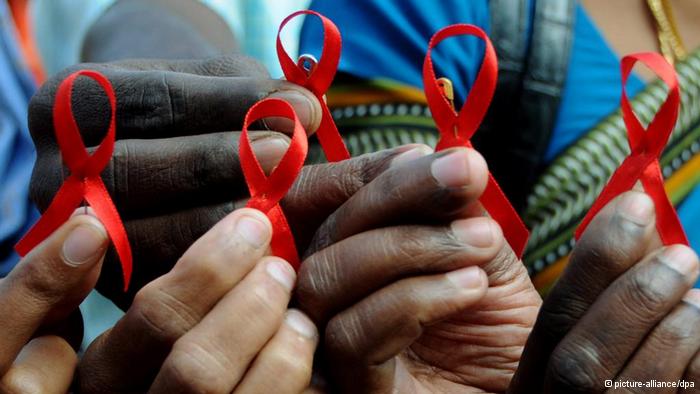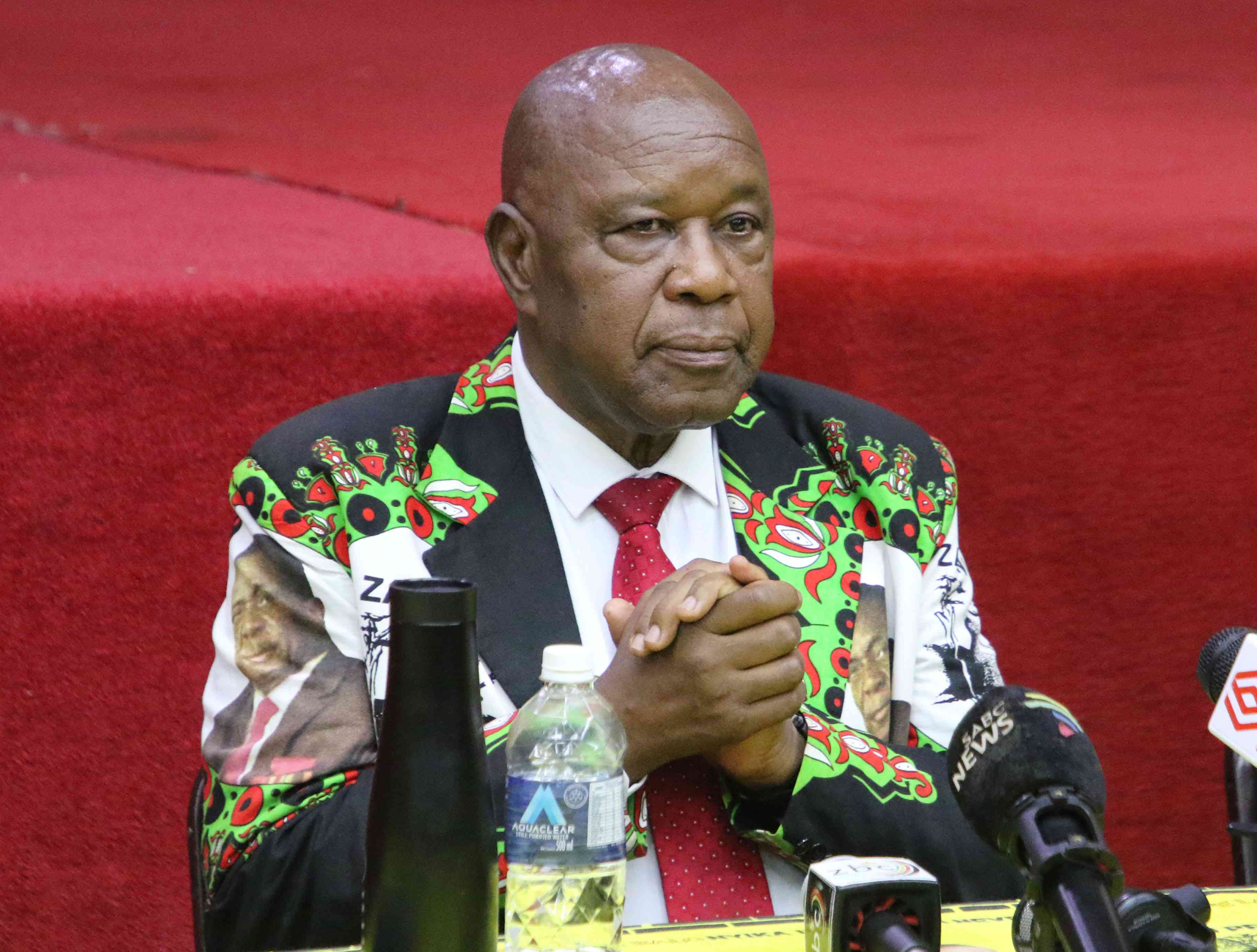
BY PHYLLIS MBANJE LAWS that criminalise wilful transmission of HIV or failure to disclose one’s status must be repealed as they undermine efforts to reduce new infections, activists say.
More than 130 countries worldwide still criminalise non-disclosure of HIV status, exposure and transmission through either specific or general criminal legislation.
Research shows that there is a challenge in the application of the laws as the wording has been criticised as vague, too broad and lacking in legal certainty.
Analysts say criminalising HIV has the potential to undo years of work in fighting stigma and discrimination.
Zimbabwe is now set to decriminalise wilful transmission of HIV after Parliament passed the Marriages Amendment Bill which will repeal a section in the criminal code on HIV transmission.
But where did this law come from?
At the height of the HIV pandemic countries were panicking.
At the time, very few advances had been made in the fight against HIV and Aids and the pandemic was classified as an international security threat.
- Chamisa under fire over US$120K donation
- Mavhunga puts DeMbare into Chibuku quarterfinals
- Pension funds bet on Cabora Bassa oilfields
- Councils defy govt fire tender directive
Keep Reading
The original law criminalising the spread of HIV was a well-intentioned, reactionary response to people dying of HIV and Aids.
In the 90s, there was an increasing trend of governments introducing HIV-specific criminal laws in responds to the potential or actual transmission of HIV.
Cases of sexual violence also pushed activists to support the law and soon the Judiciary started taking into account HIV transmission as an aggravating factor, attracting higher penalties.
Zimbabwe also recorded cases of partners dragging each other to court over wilful transmission of HIV.
The United States was the first country to introduce HIV-specific criminal laws.
About 27 sub-Saharan African countries, including Zimbabwe, also enacted HIV-specific criminal statutes.
In Nigeria, the Sexual Offences Act makes it illegal for any HIV-positive person to intentionally, knowingly and wilfully do anything likely to transmit the virus.
The law carries a 20-year jail penalty.
In Uganda, the HIV and Aids Prevention and Control Act of 2014 criminalises both intentional and attempted transmission of HIV.
However, the courts have made assumptions about what is intentional and assume that the person on trial, who was diagnosed first, must have passed it to the complainant.
In 2001, Zimbabwe introduced the Sexual Offences Act, which criminalised wilful transmission of HIV.
Three years later, it extended the law to include those who believed they might be HIV positive and did not alert their sexual partner.
It came about as a result of activism by rights groups as they sought to empower women who were being exposed to HIV by rapists and, in some cases, by their partners.
In 2012 in a dramatic case, Sithokozile (not real name) was dragged to court by her husband, who accused her of wilfully infecting him with HIV.
Despite lack of evidence, she was convicted.
South Africa is one of the few countries that did not introduce HIV-specific laws.
According to Aids map, between October 2015 and December 2018, at least 913 people living with HIV were arrested, prosecuted, convicted or acquitted in 49 countries.
The largest number of cases were reported in the Russian Federation where there were a total of 314 cases with Zimbabwe recording 16 cases.
So what changed?
Over the years, activists have argued that the criminalisation of HIV transmission is ineffective, discriminatory and undermines efforts to reduce new HIV infections.
They said such laws actively discourage people from getting tested for HIV and from being referred to the appropriate treatment and prevention services and promote stigma and discrimination.
Countries started repealing the law, Zimbabwe included.
“Criminalising of HIV was made so long ago before the wide availability of antiretroviral medicines.
“Since then, a lot of scientific evidence has been progressively made, with much of the evidence generated in Zimbabwe by Zimbabwean scientists,” HIV and Aids campaigner in Zimbabwe Martha Tholanah said.
On March 18, 2015, Kenya’s High Court ruled that its HIV criminalisation provision was unconstitutional because it was vague.
In Zimbabwe, activists criticised section 79 of the Criminal Law (Codification and Reform) Act, which made it a crime to deliberately transmit the HIV virus.
Recently, Parliament passed the Marriages Bill to decriminalise HIV transmission and the proposed law now awaits presidential assent.
HIV activists have welcomed the move to scrap the law.
“I am happy with the proposed repeal of section 79 of the Criminal Law Code.
“This was retrogressive, perpetuated stigma and deterred people from taking the HIV test and disclosing their HIV status,” Tholanah said.
“More people will take up HIV testing as well as disclose their status.
“They will find it easier to seek treatment and adhere to their medication. This promotes health-seeking behaviour.”
Pan African Positive Women’s Coalition-Zimbabwe director Tendai Westerhoff said decriminalising HIV was long overdue.
“It has taken years of hard work for stakeholders involved to arrive at this decision. It did not just come out of the blues.
“People can now freely enjoy their rights without being pointed at,” she said, adding many people did not know their HIV status.
“This causes problems and couples will start accusing each other.
“So disclosure becomes critical and the repeal of this law will encourage more people to come out.”











